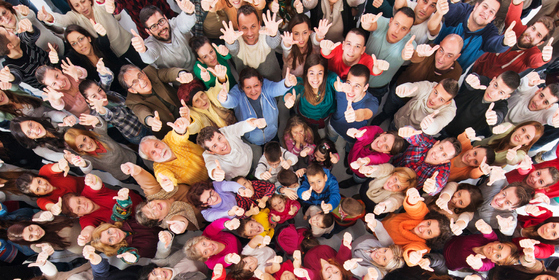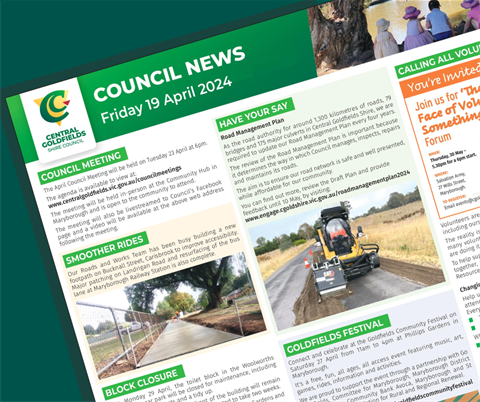
The Australian Psychological Society (APS) has urged Australians to continue to show solidarity, reject racist views and work to build socially cohesive communities, one month on from the violent attacks targeting Muslims in Christchurch.
APS President Ros Knight said while those in leadership roles have a particular responsibility to promote community inclusion and resist narratives of fear and division, we all have a role to play in how we respond to events and how we treat others.
“Australia prides itself on being a safe, peaceful, multicultural society. Despite this, people from non-English speaking backgrounds report quite high levels of discrimination, indicating that racism and prejudice are still a large problem in Australia.
“The attacks in Christchurch have reinforced these experiences and sent new ripples of fear among Australian Muslims, a community that has long felt unease,” said Ms Knight.
She said media reporting of events, public debate over immigration and public displays of intolerance by political leaders in particular, can also make people feel like they don’t belong in Australia and cause psychological distress.
“Psychological research has shown there is a harmful relationship between racism and health and wellbeing – those who are victims of racism experience poorer health outcomes,” said Ms Knight.
“Racism impacts on us all by creating fear and eroding social bonds and trust. It corrodes social cohesion.
She said social cohesion is the bond or ‘glue’ that binds people together in positive relationships.
“The more people feel connected and that they belong and matter in our communities, the happier and healthier we all become.
The APS offered the following advice for individuals wanting to build social cohesion in their communities:
- Speak up when you see racism and prejudiced behaviour. One of the most effective things you can do to confront someone about racism is to simply disagree, because keeping silent can be misread as agreement by the speaker and others.
- Let people know that racist views are widely rejected in your community. This helps to ensure victims of racism feel supported and included in a larger group of people who don’t tolerate racist behaviour and who value diversity and acceptance.
- Support social media campaigns that promote positive messages, highlight communities coming together and share hope.
- Promote role models who can use their influence to spread the anti-racism message among those who support and follow them (people with status and influence such as parents, teachers, managers in organisations, politicians, sportspeople, musicians and actors).
- Attend community events that bring everyone in the community together in a peaceful way, such as community markets and music events.
Ms Knight said conflict between groups is not always negative and differences of opinion are essential to a healthy society, but the healthy and respectful expression of these differences was important.
“Problems occur when conflict is not managed well or when violence is used. Community members and leaders can resist the cycle of polarisation by speaking out to disagree with prejudice and by affirming inclusive values.”








